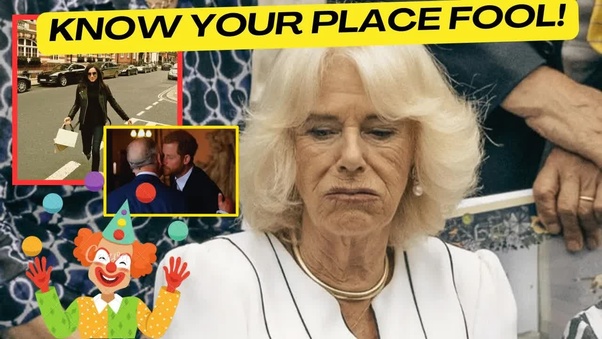A resurfaced post has shed light on Prince William and Princess Kate’s true sentiments regarding the name chosen for Princess Lilibet.
The royal couple, known for their public displays of support, may have subtly revealed their feelings towards the naming choice in a congratulatory message shared on X.
Expressing their joy over Princess Lilibet’s arrival in 2021, the Prince and Princess of Wales extended their best wishes to Prince Harry and Meghan Markle following the birth of their second child.
However, a recent revelation suggests that the late Queen was displeased upon discovering that her personal nickname had been used for the newborn.
Contrary to expectations, it appears that Kate and William were not entirely enthusiastic about the name selected for the newest member of the royal family.
In a post dated June 6, 2021, just two days after Lilibet’s birth, the couple refrained from using her full name in their public acknowledgment, opting instead for the simpler “Lily.”
Their message read, “We are delighted by the happy news of the arrival of baby Lily.
Congratulations to Harry, Meghan, and Archie.”
In contrast, another post made on the same day congratulated the Duke and Duchess of Sussex on the birth of “Lilibet Diana,” garnering approval from other members of the royal family.
Notably, the post highlighted that Lilibet was the late Queen’s 11th great-grandchild, emphasizing her significance within the royal lineage.
Born in California on June 4, 2021, Lilibet Diana Mountbatten-Windsor’s name pays homage to both her great-grandmother and her late grandmother, Princess Diana, mirroring the thoughtful naming tradition observed within the family.
The revelation of the royal couple’s subtle response to Lilibet’s name choice comes amidst the release of a new book titled “Charles III, New King.
New Court.
The inside story” by author Robert Hardman.
The book delves into the late Queen’s emotional reaction upon learning that her cherished childhood nickname had been appropriated for the newborn.
Describing her attachment to the name “Lilibet,” which originated from her early years when she struggled to pronounce her own name, the late Queen expressed her dismay at feeling stripped of her personal identity.
A member of her staff disclosed that the monarch’s anger was palpable, indicating the depth of her emotional response to the situation.
In a poignant statement attributed to the late Queen, she lamented, “I don’t own the palaces.
I don’t own the paintings, the only thing I own is my name.
And now they’ve taken that.”
The unauthorized use of her intimate nickname left her feeling vulnerable and disrespected, prompting a rare display of frustration from the typically composed monarch.
Related Stories

